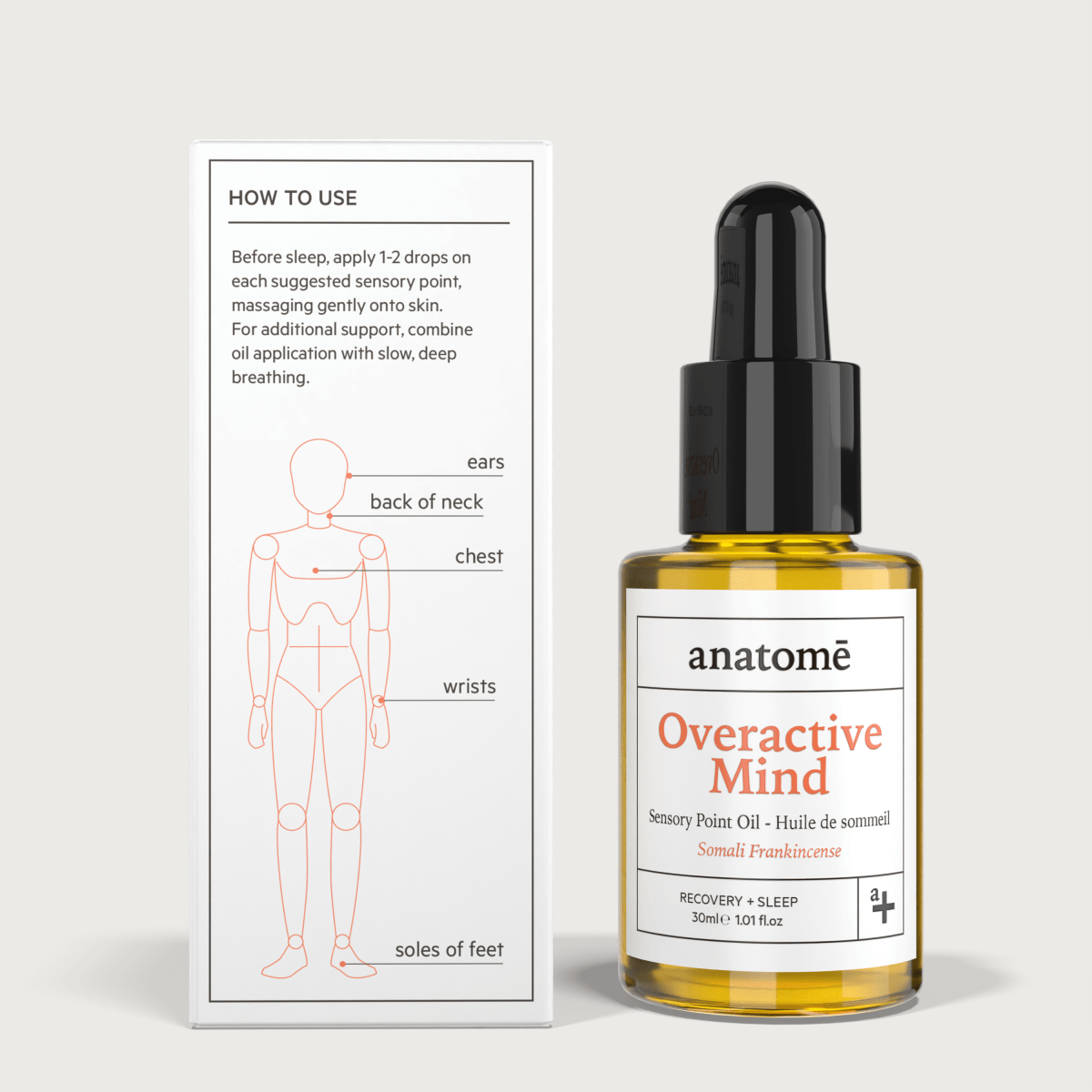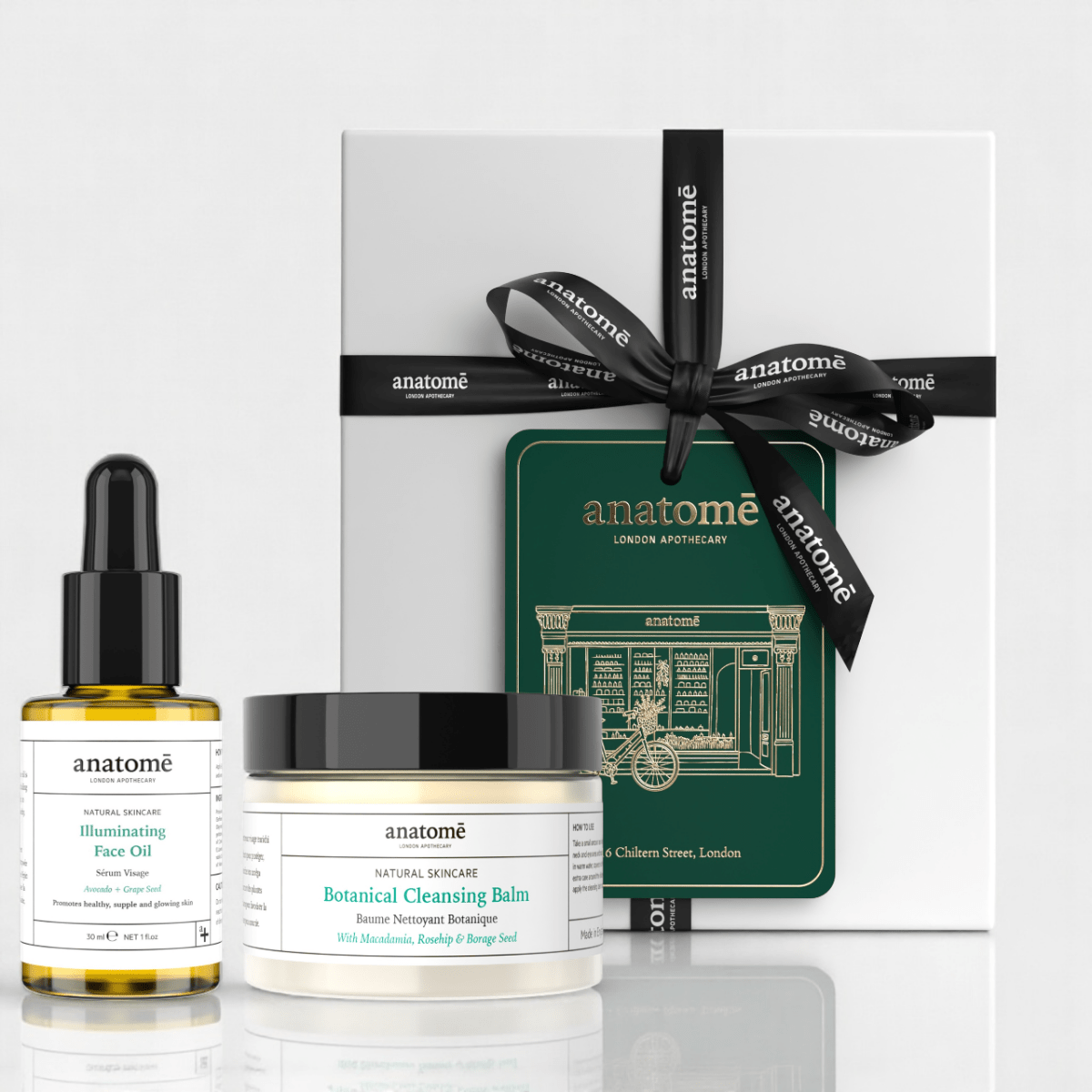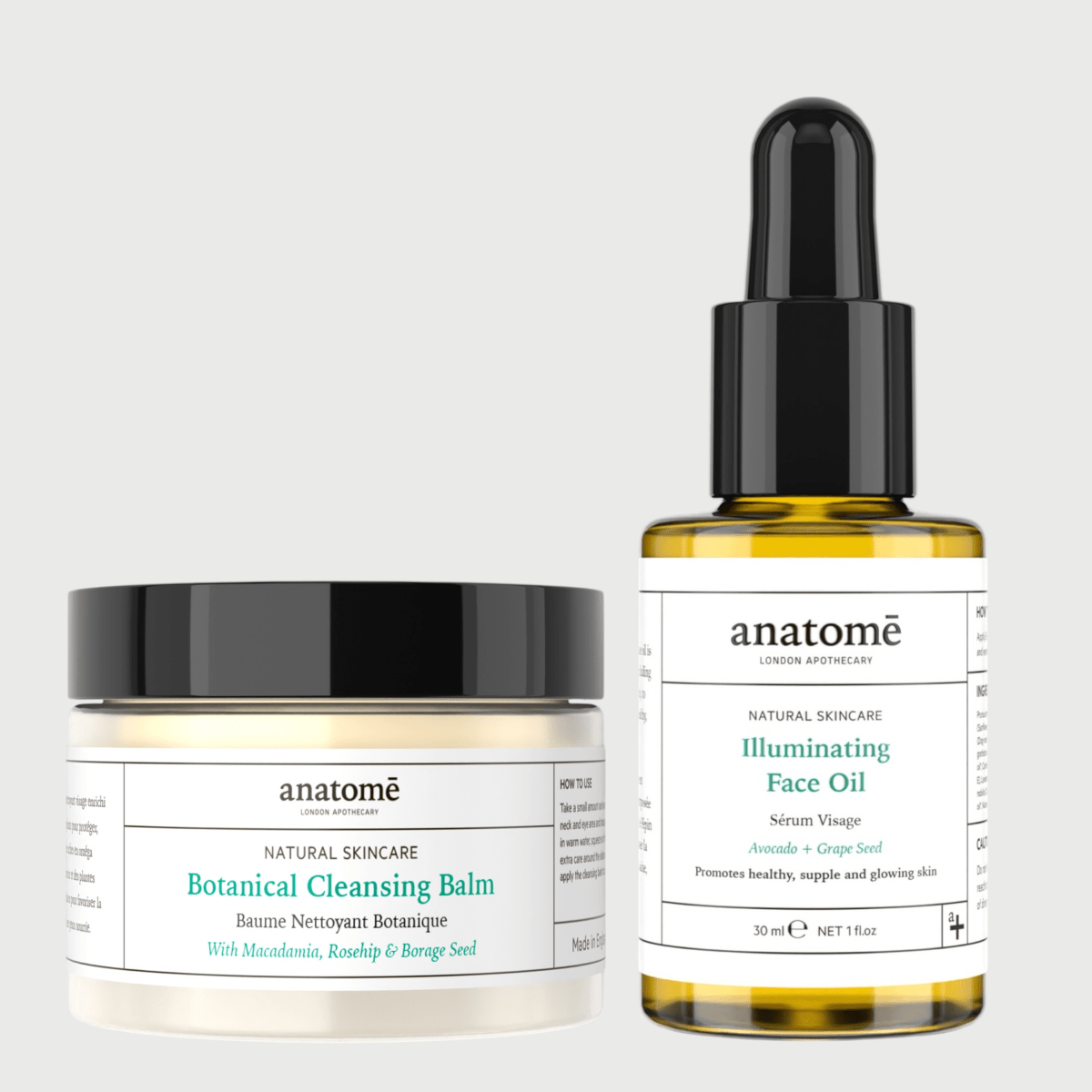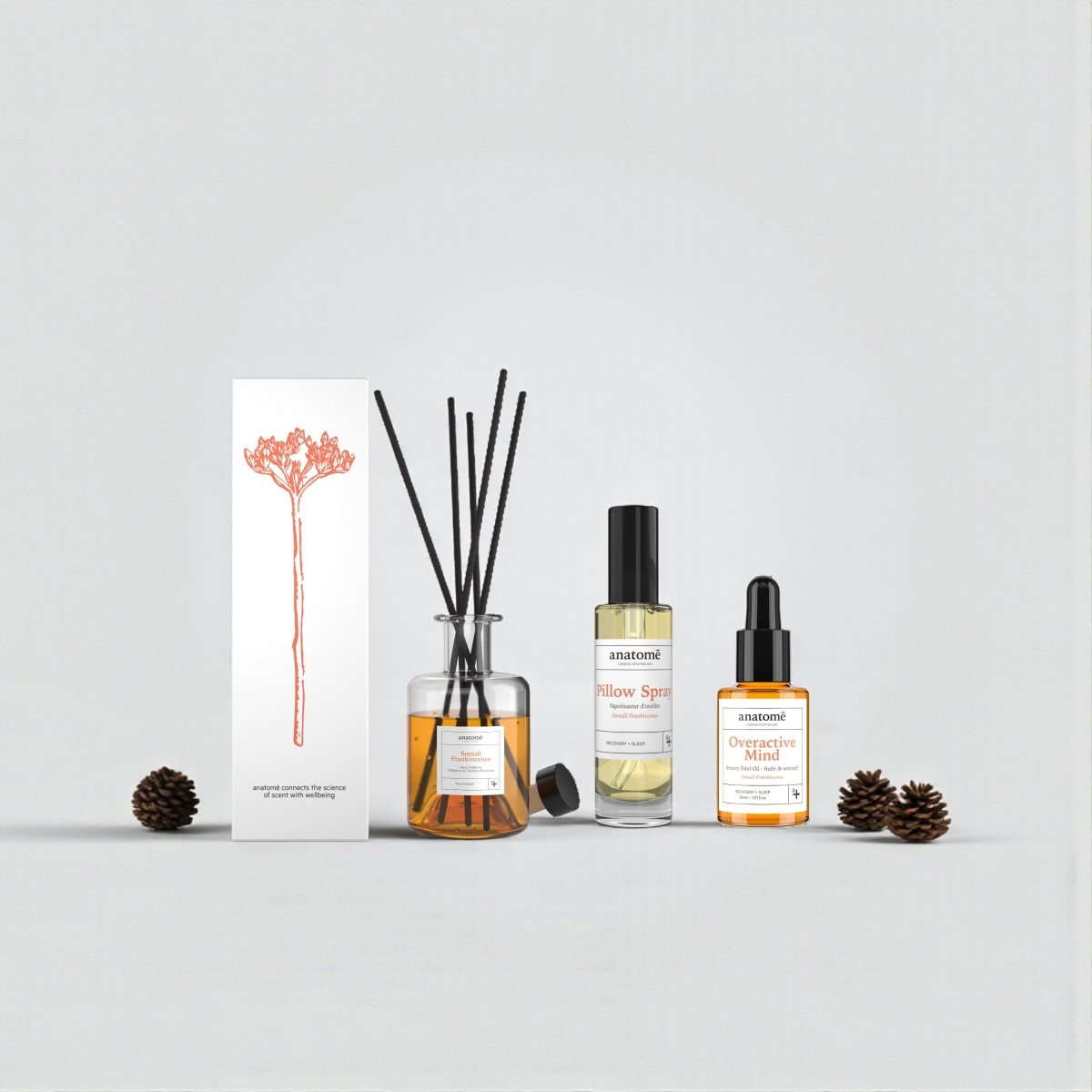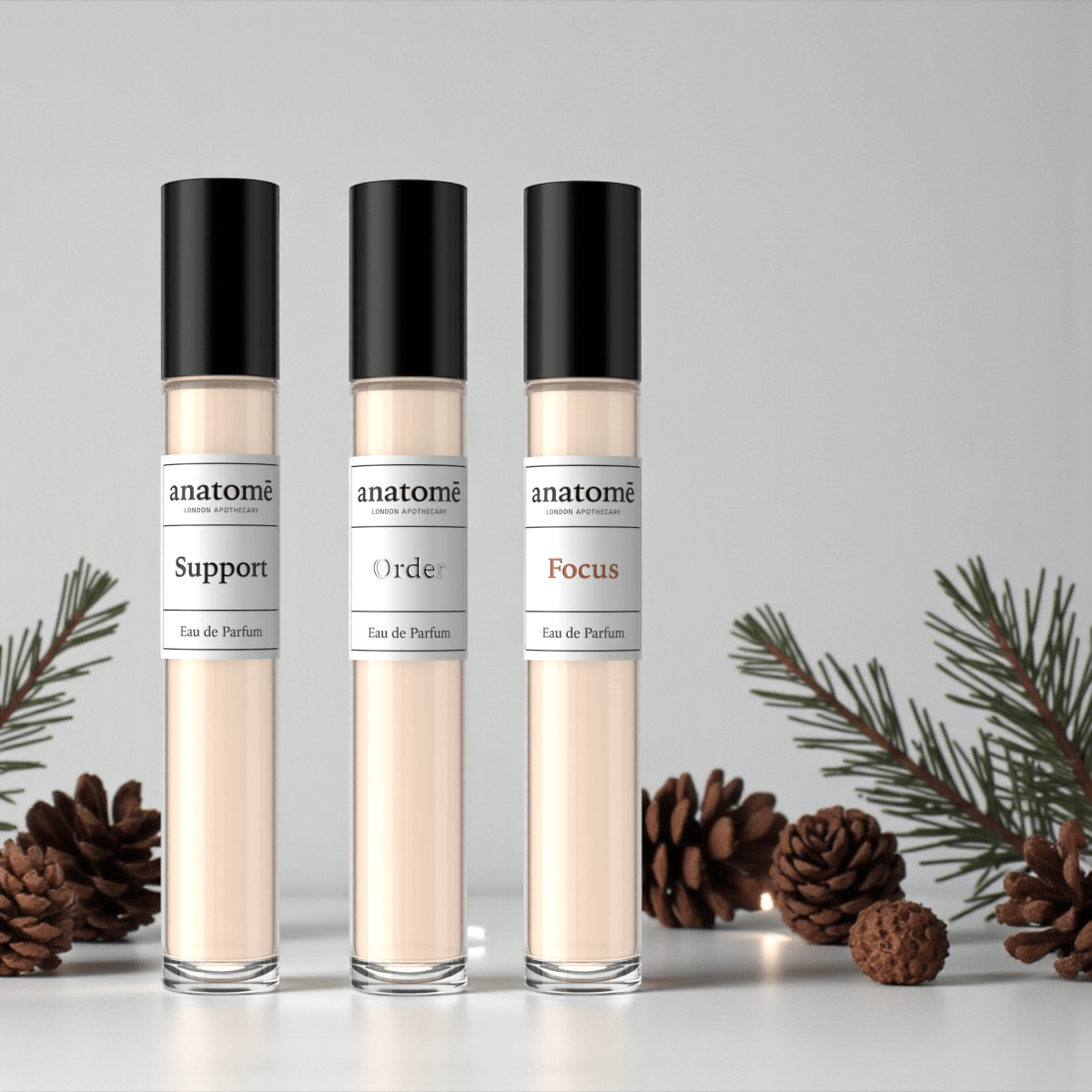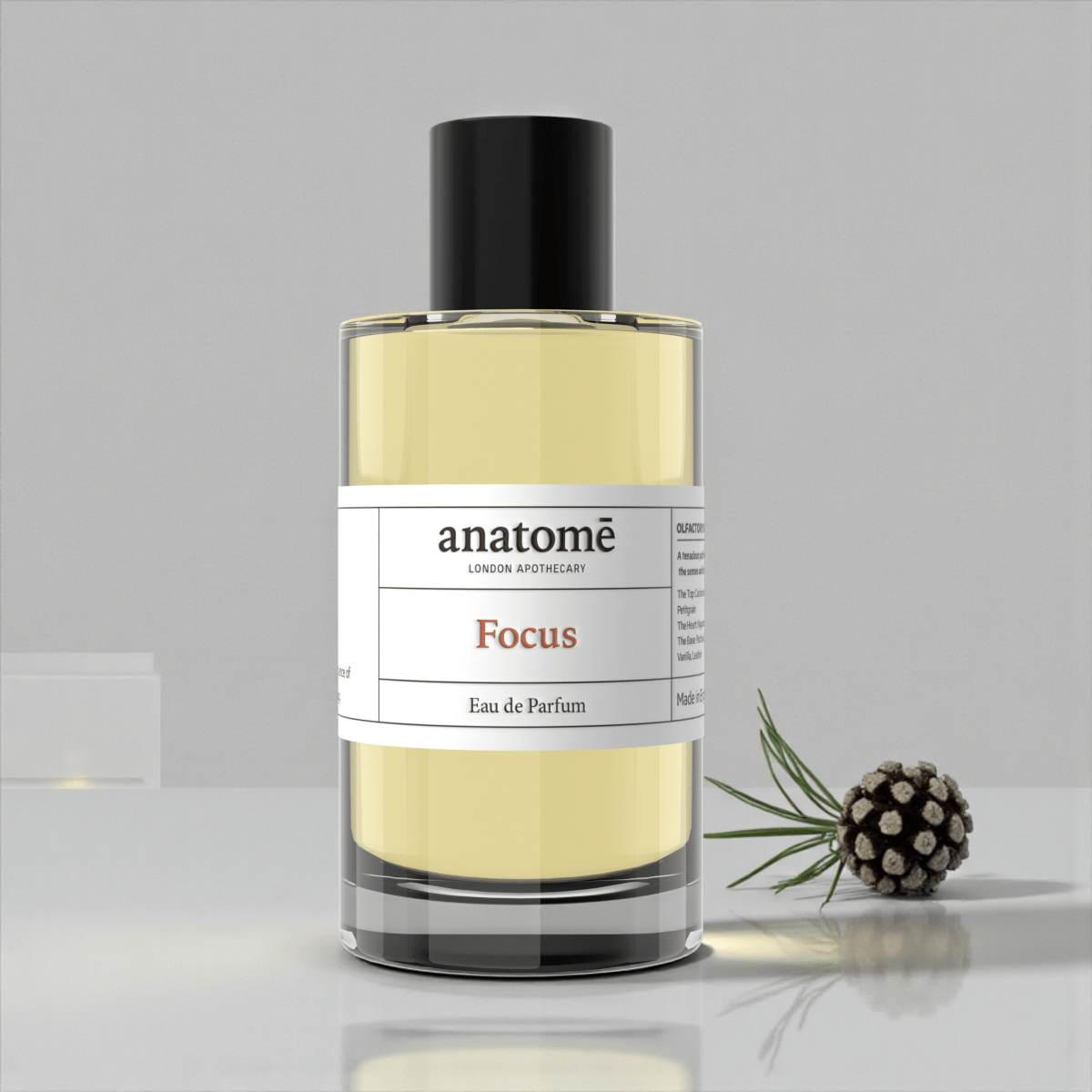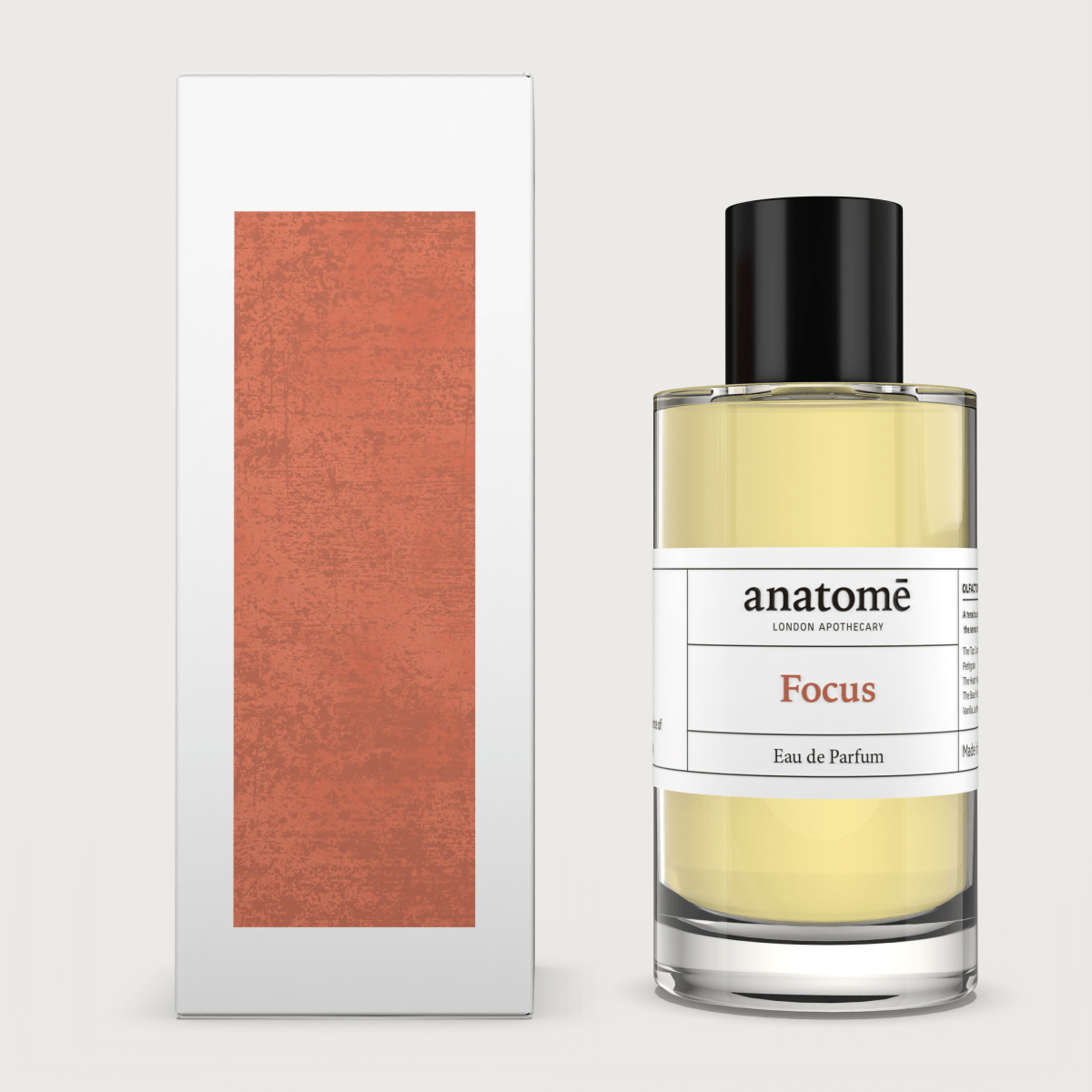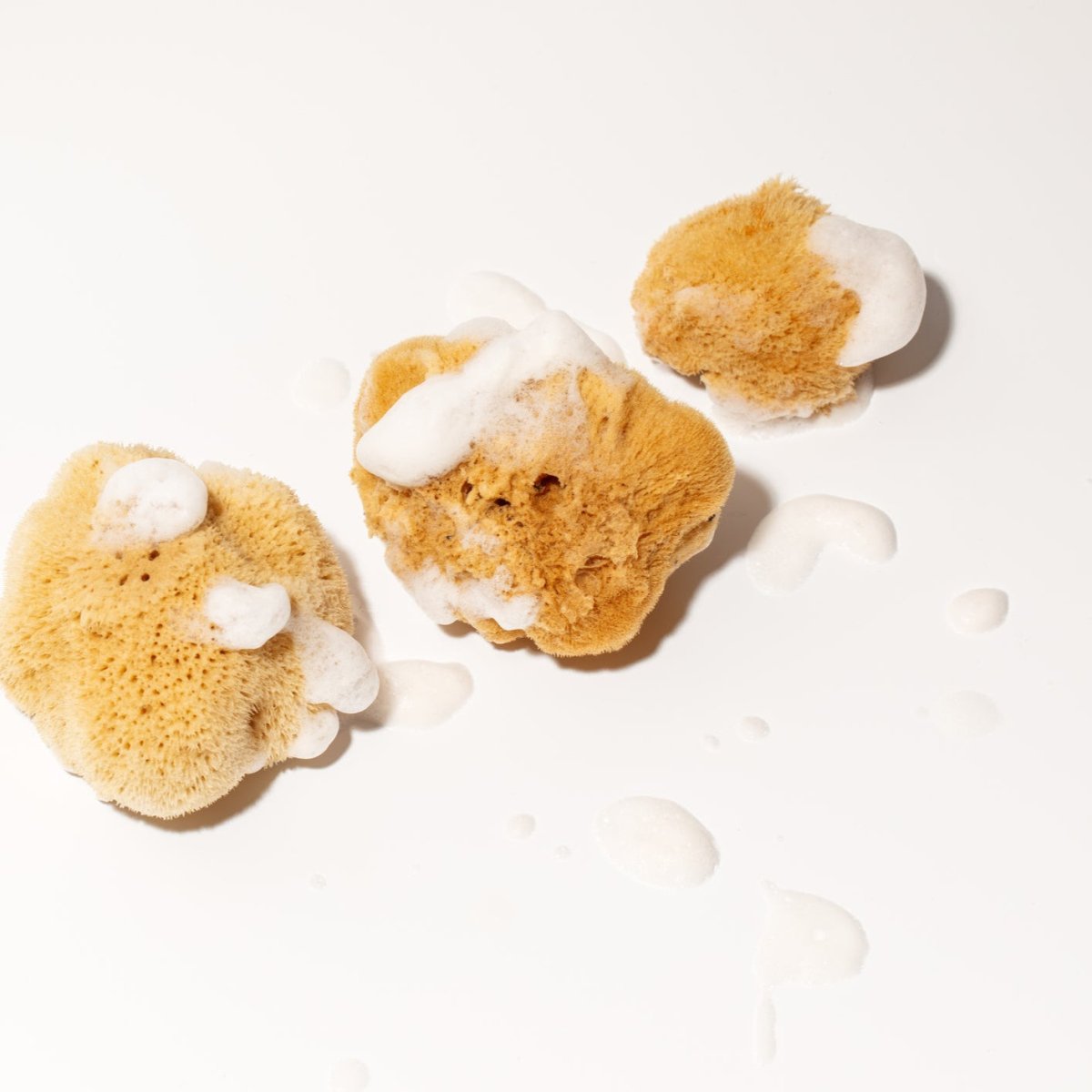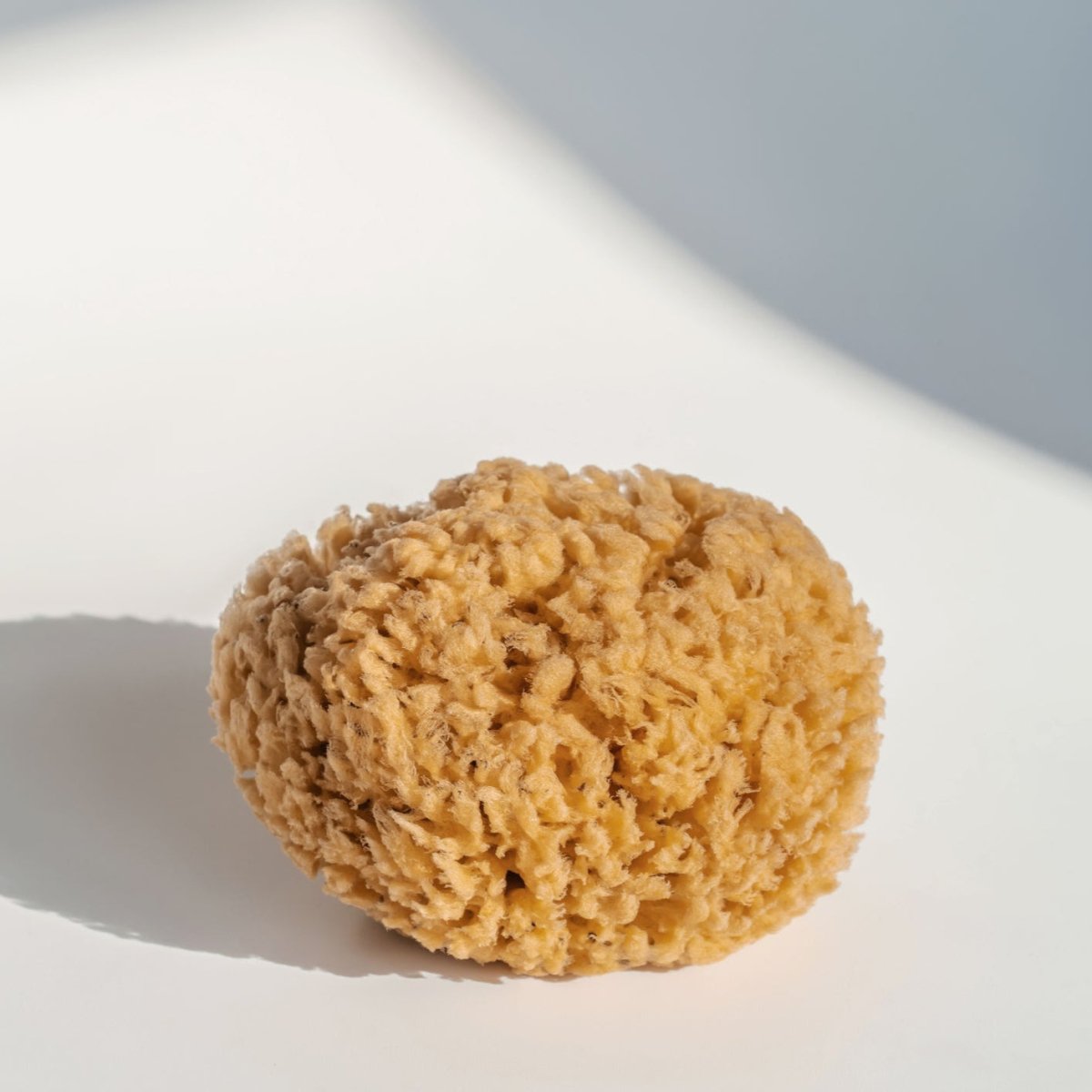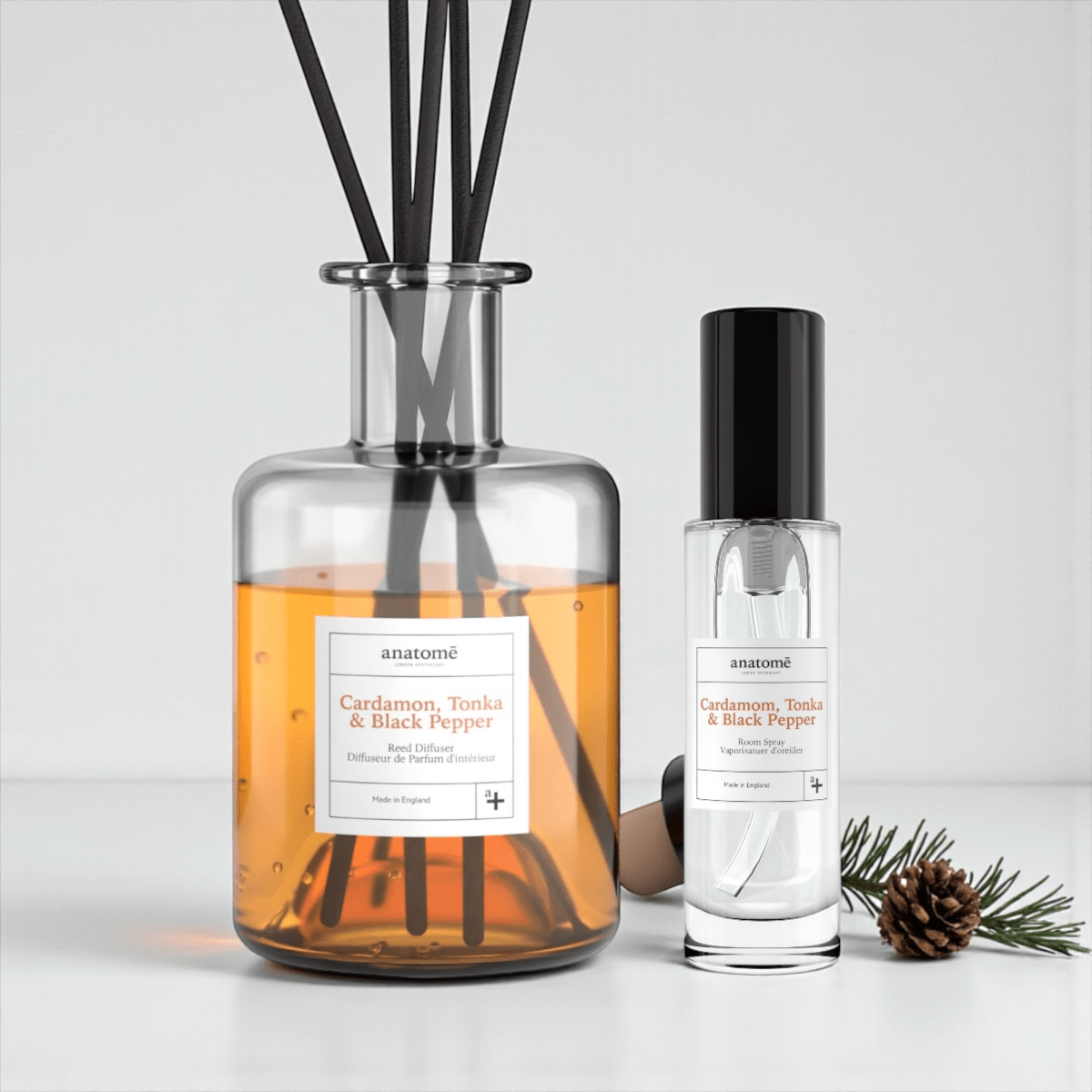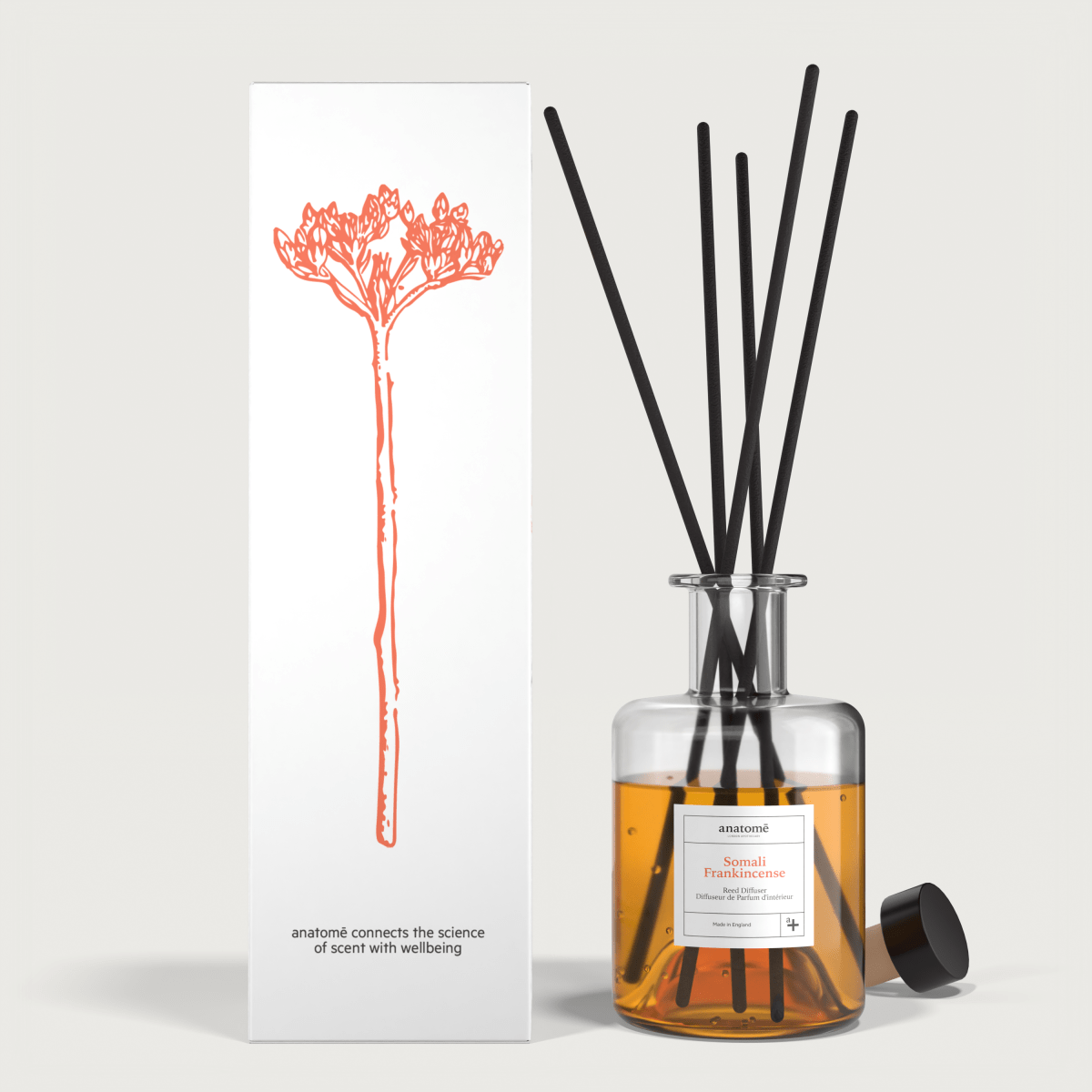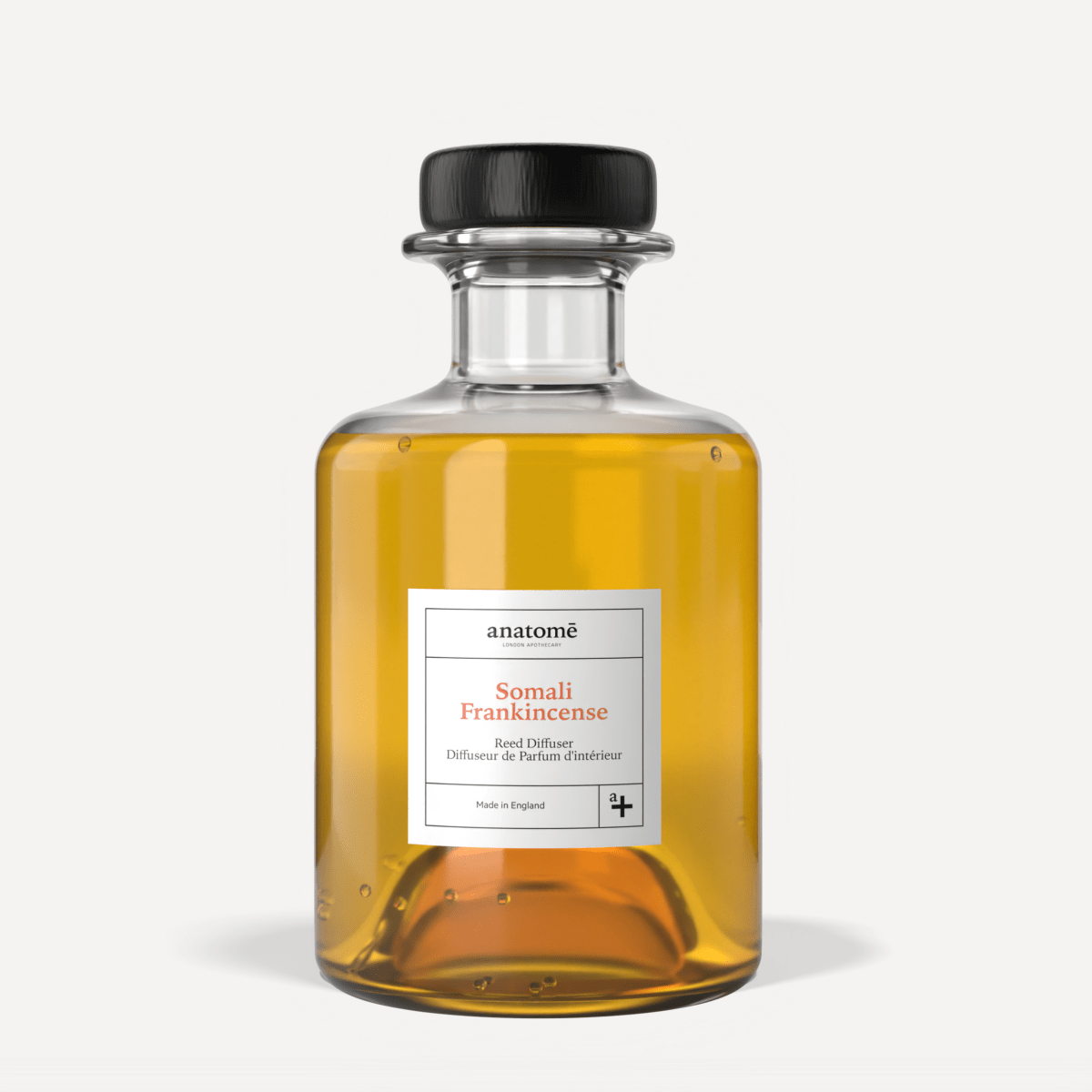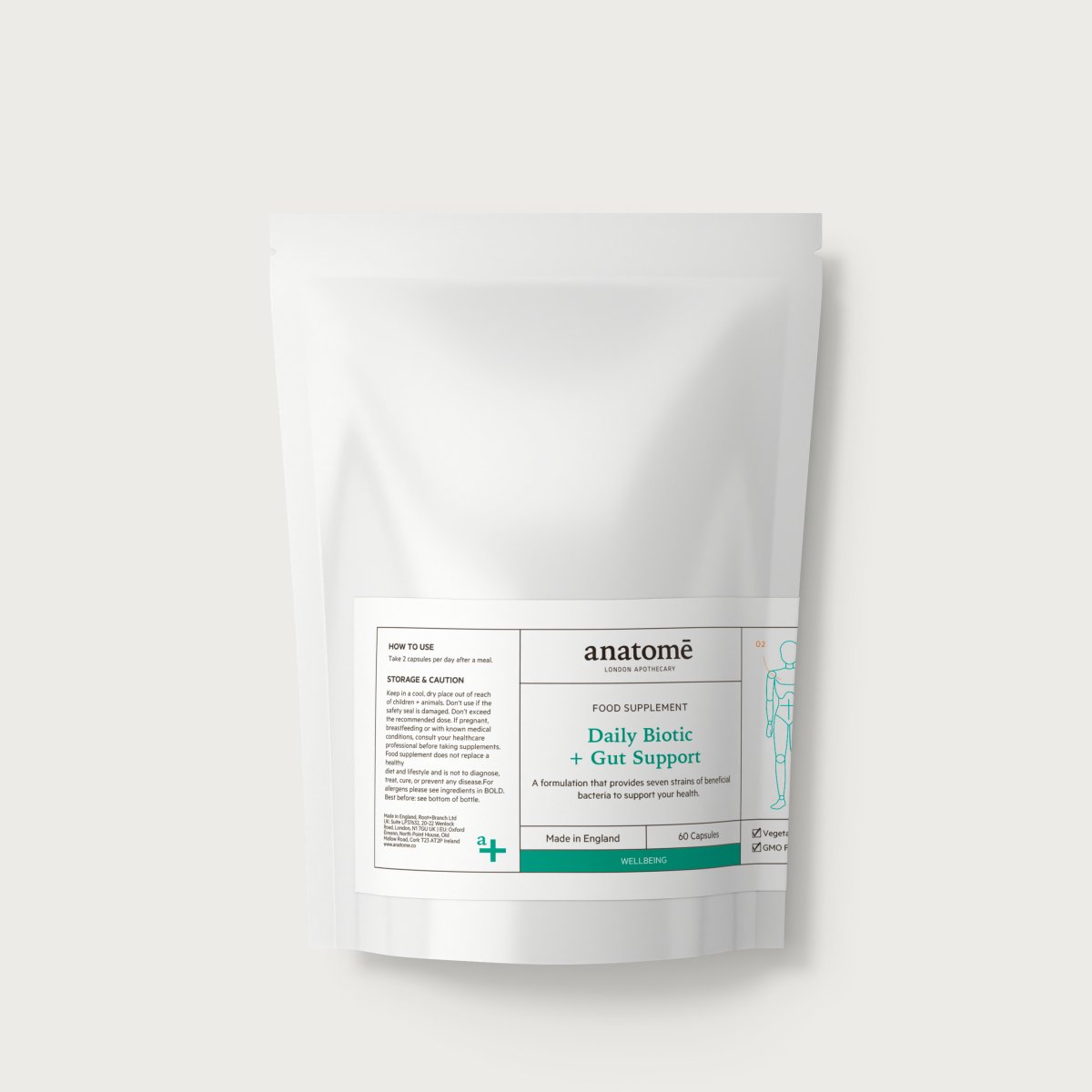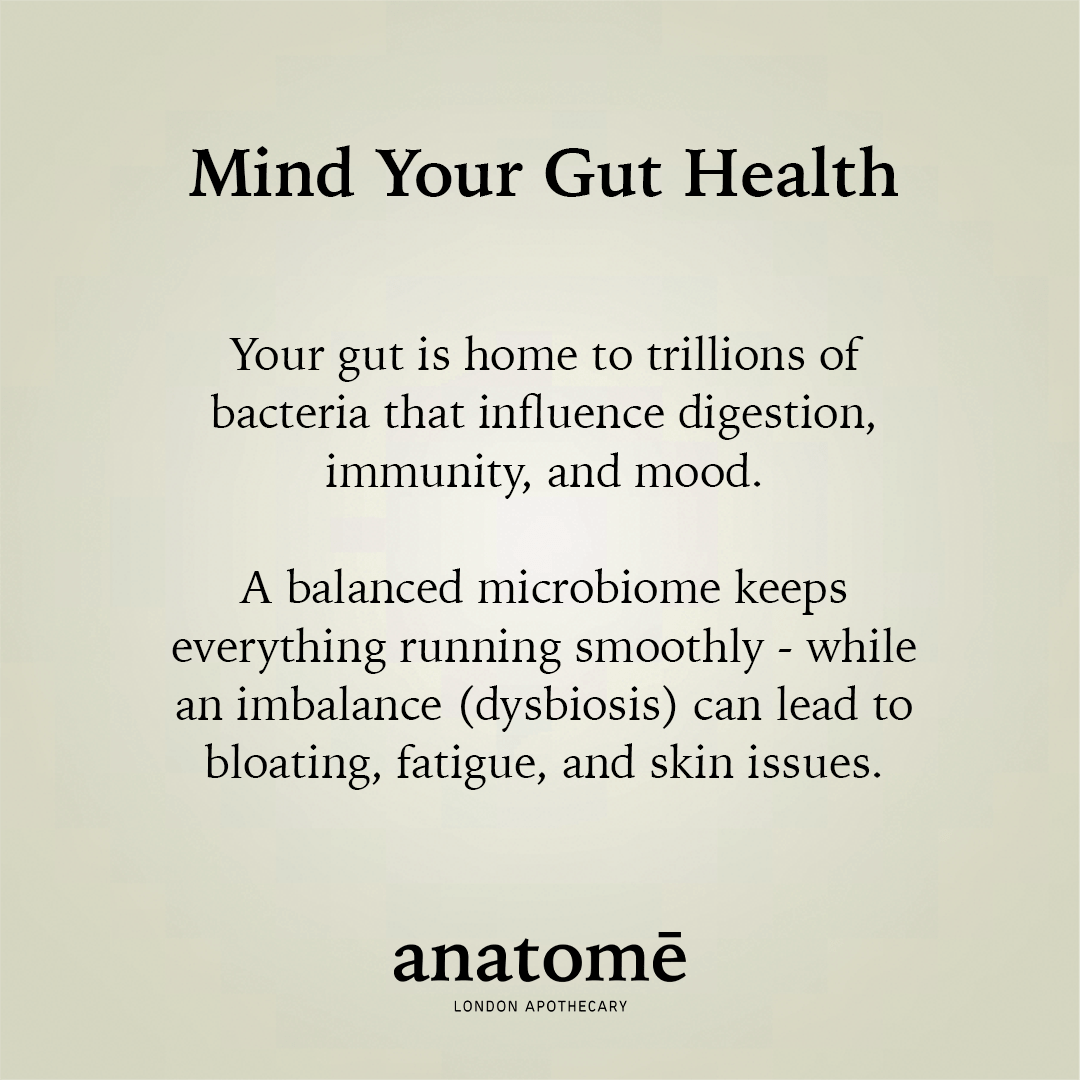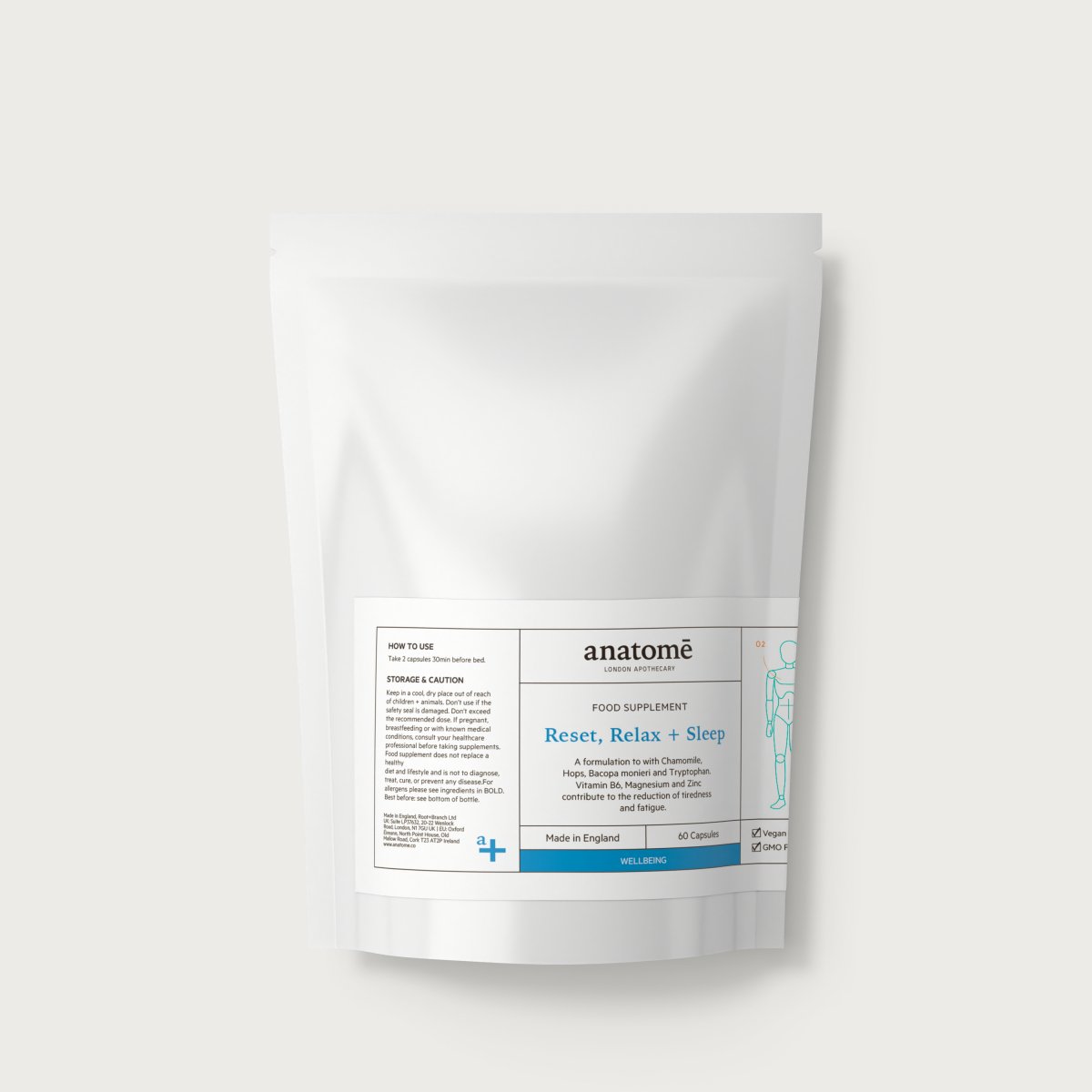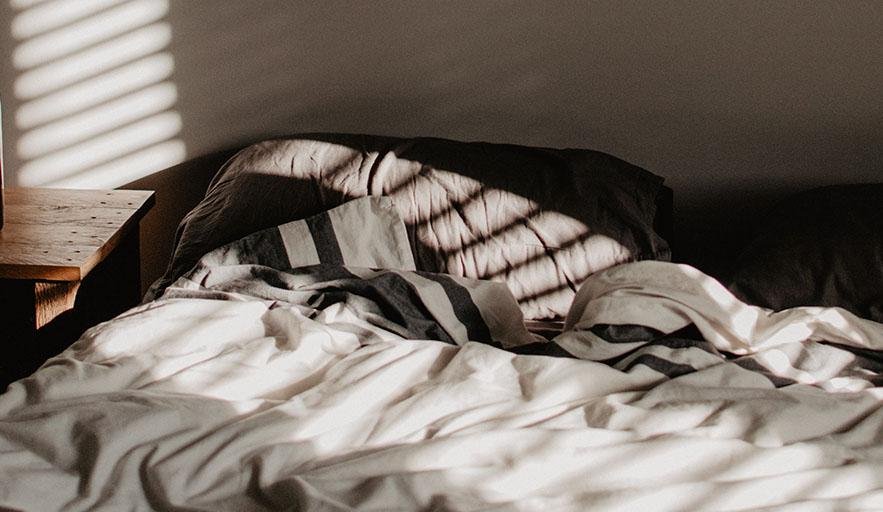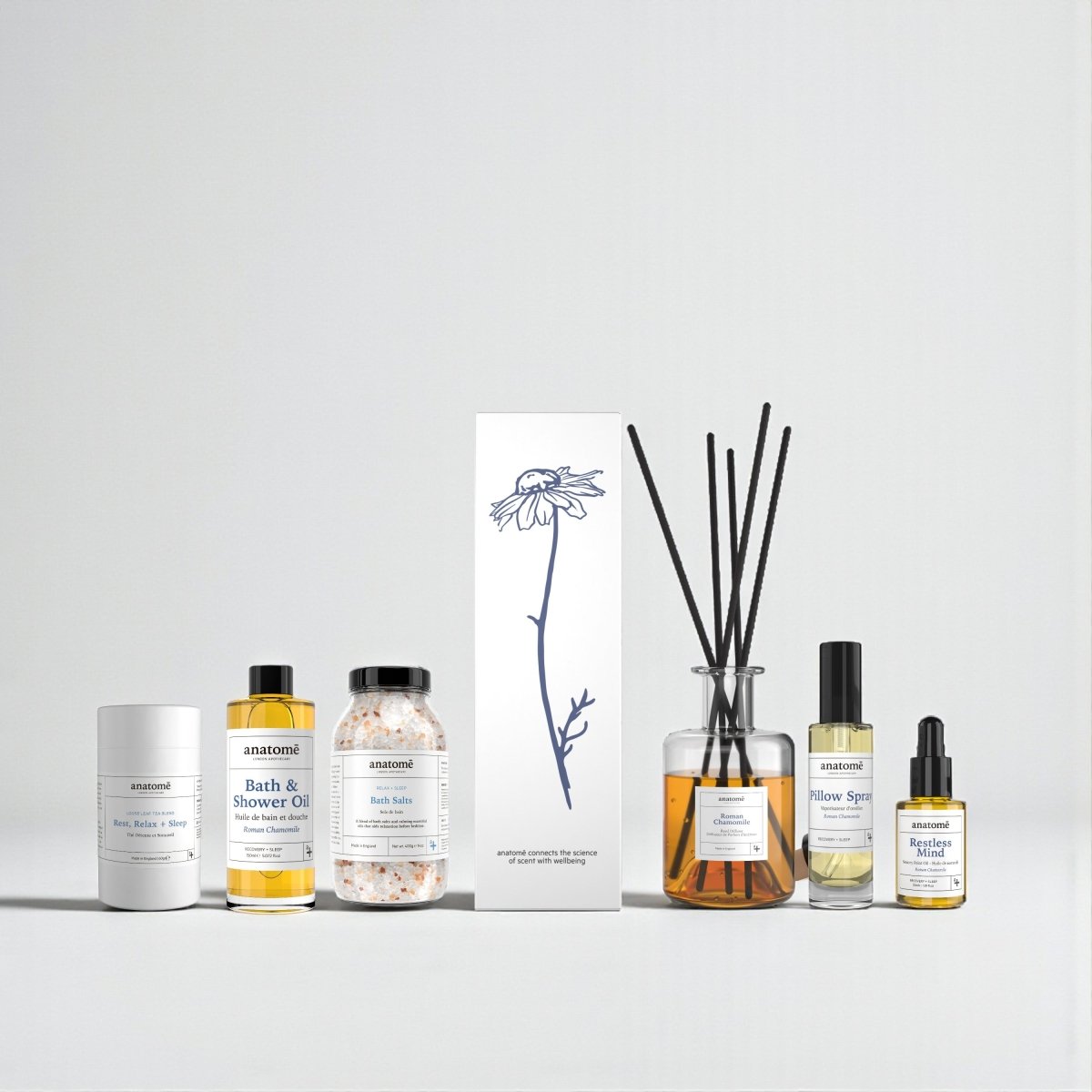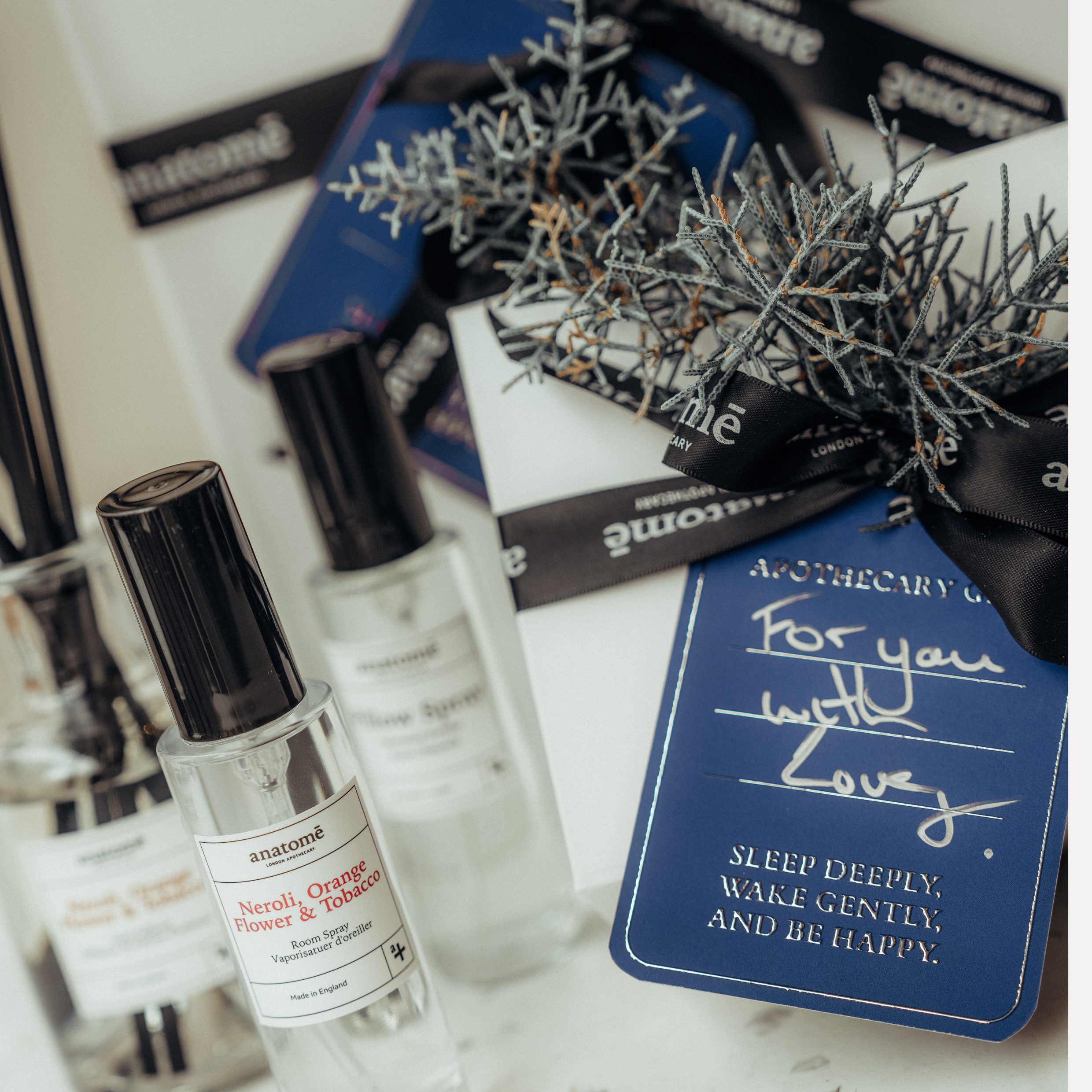Sleep is something that we all need in order to survive and thrive, but in recent years, sleep health has been on a decline. According to research performed by King’s College London, “Half the population reports that their sleep has been more disturbed than usual,”(1) in 2020. Prior to this year, that number was lower, with only four in ten people reporting that they weren’t getting enough sleep (2). These declining numbers are a result of the sleep epidemic that we are facing as a society. It is the number one thing we can do to improve our health, but the majority of people are struggling to maintain good sleep health.
A review of studies ranging from 1990 to 2012 performed by the University of Minnesota has shown that the, “inhalation of essential oils may be a safe alternative to pharmaceutical interventions for mild to moderate sleep disturbances,”(3). Building on that, a study conducted by researchers in Korea found that essential oils can help improve sleep quality in adults, even ones that have inconsistent sleep schedules like nurses (4). In light of these studies, we’re going to take a look at the five best essential oils for sleep.

Lavender
Lavender is one of the most well known plants for helping us fall asleep. It’s long been used for anxiety, depression, sleep issues and skin treatments including acne and eczema. Its relaxing properties are due to the main constituents of the plant: linalool, linalyl acetate, 1,8-cineole B-ocimene, terpinen-4-ol, and camphor. However, the relative level of each of these constituents varies in different species. These compounds are believed to stimulate GABA, a neurotransmitter that is required for a good night of sleep (5). Low GABA activity has been linked to insomnia, with one study finding that levels in people with insomnia were 30% lower than those who slept through the night (6).
Lavender has also been shown to provide a relaxing and sedative effect, helping to further improve sleep quality. “Lavender improved associated symptoms such as restlessness, disturbed sleep, and somatic complaints and had a beneficial influence on general well-being and quality of life,”(5,7,8). With Lavender being able to stimulate GABA, in addition to its relaxing properties, it is clear that Lavender has a positive effect. It is the most studied and effective essential oil for improving sleep health, which is why it is included in all of our sleep oil blends.

Frankincense
Frankincense is less known as Lavender but is still considered to be one of the most effective essential oils for improving sleep. The main compounds in frankincense that are considered essential for its relaxing properties are terpenes, which can be naturally found in the extract. These terpenes have been found to decrease cortisol levels. Lowered cortisol levels can lead to a full and unbroken night of sleep (9). Somali Frankincense is the key ingredients of our best-selling sleep oil for overactive minds.
In a study conducted by researchers at the Royal Marsden NHS Foundation Trust on patients diagnosed with cancer that were experiencing sleep problems, they found that the use of essential oils like frankincense were helpful in reducing the sleep problems. 94% of patients reported that they used frankincense to help them sleep and 92% reported that they would continue to do so (10). Studies have shown that frankincense contains pain relieving, tranquilising and anti-bacterial effects (11). In light of this, it becomes clear that frankincense essential oil is an effective sleep aid.

Chamomile
Chamomile is one of the other most widely used essential oils for sleep aid. “Chamomile is widely regarded as a mild tranquilliser and sleep-inducer. Sedative effects may be due to the flavonoid, apigenin that binds to benzodiazepine receptors in the brain,” (11,12). These receptors in the brain are connected to the GABA transmitter, which as we know, is one of the key processes involved in helping you achieve full sleep cycles throughout the night (11).
In one study performed on elderly insomniacs by the Kashan University of Medical Sciences in Iran, they found that the use of chamomile essential oil helped to increase sleep quality drastically (13). In addition to these sedative effects, it has also been shown to help improve gut health, inflammation, eczema and anxiety (11). We can definitively say that chamomile essential oil is an effective sleep aid.

Seaweed
While seaweed is most commonly known for its use in food, it also has an application in sleep aid as an essential oil. It has calming properties that can support a restful sleep. These calming effects are due to a constituent in it called polyphenols. These polyphenols, “have been considered as major sedative-hypnotic phytochemicals,”(14), which means that they are capable of inducing sleep and decreasing the amount of time it takes to fall asleep. A lifestyle study conducted on the elderly people living in Okinawa found that those who had a higher dietary intake of seaweed had better sleep health than those who ate less (15).
A study carried in mice by University of Tokyo showed polyphenols derived from seaweed were capable of inducing sleep and decreasing their sleep latency - meaning that they were less likely to wake up during the night. When these results were compared to mice receiving medicine, the scientists found that seaweed had a similar effect on the mice's brain. This suggests that seaweed not only has sleep-promoting effects, but also that the seaweed polyphenols are promising structures for developing novel sedative remedies (14). These researches are still in early stages but so far they have all confirmed seaweed as an effective sleep aid.

Rose
Rose essential oil is a relative unknown in the essential oil world when it comes to aiding sleep health. However, it has been proven to have relaxing properties that can help to calm the mind before sleep. One study performed by Srinakharinwirot University in Thailand found that, “rose oil caused significant decreases of breathing rate, blood oxygen saturation and systolic blood pressure, which indicate a decrease of autonomic arousal. At the emotional level, subjects in the rose oil group rated themselves as more calm, more relaxed and less alert,”(16).
In another study performed by researchers, they found that rose essential oil helped to inhibit the stress response in rats and humans due to its inhibitory effect on the hypothalamo–pituitary–adrenocortical axis, or HPA axis (17). By reducing the stress response and calming the mind, it helps to slow the body down and prepare it for sleep. While more research is needed on its effect on sleep, we know that it has relaxing properties, which can only have a positive effect on the sleep process.
While each of these essential oils has a positive effect on sleep on its own, a group of researchers in Taiwan looked at the effectiveness of essential oils in comparison to acupressure and found that not only are essential oils more effective than acupressure, but also that a blend of sleep-promoting essential oils are more effective than a singular essential oil, like Lavender or Frankincense (18). Essential oils have long been proven to be effective as a sleep aid, but they work best in conjunction with healthy sleep practices, like a bedtime routine, to help regulate the circadian rhythm.
References:
-
https://www.kcl.ac.uk/policy-institute/assets/How-the-UK-is-sleeping-under-lockdown.pdf
-
https://www.rsph.org.uk/our-work/policy/wellbeing/sleep.html
-
https://pubmed.ncbi.nlm.nih.gov/24720812/
-
https://pubmed.ncbi.nlm.nih.gov/28077825/
-
https://www.ncbi.nlm.nih.gov/pmc/articles/PMC3612440/
-
https://pubmed.ncbi.nlm.nih.gov/19014069/
-
https://pubmed.ncbi.nlm.nih.gov/21170695/
-
https://pubmed.ncbi.nlm.nih.gov/20512042/
-
https://pubmed.ncbi.nlm.nih.gov/31582666/
-
https://www.sciencedirect.com/science/article/abs/pii/S1744388115300219
-
https://www.ncbi.nlm.nih.gov/pmc/articles/PMC2995283/
-
Avallone R, Zanoli P, Corsi L, Cannazza G, Baraldi M. Benzodiazepine compounds and GABA in flower heads of matricaria chamomilla. Phytotherapy Res. 1996;10:177–179.
-
https://www.sciencedirect.com/science/article/abs/pii/S0965229917302601
-
https://www.ncbi.nlm.nih.gov/pmc/articles/PMC5983271/#:~:text=Triphlorethol%20A%2C%20a%20Dietary%20Polyphenol,Eye%20Movement%20Sleep%20in%20Mice&text=Mar%20Drugs
-
https://academic.oup.com/chemse/article/37/4/347/277648#3422284
-
https://pubmed.ncbi.nlm.nih.gov/28504569/

